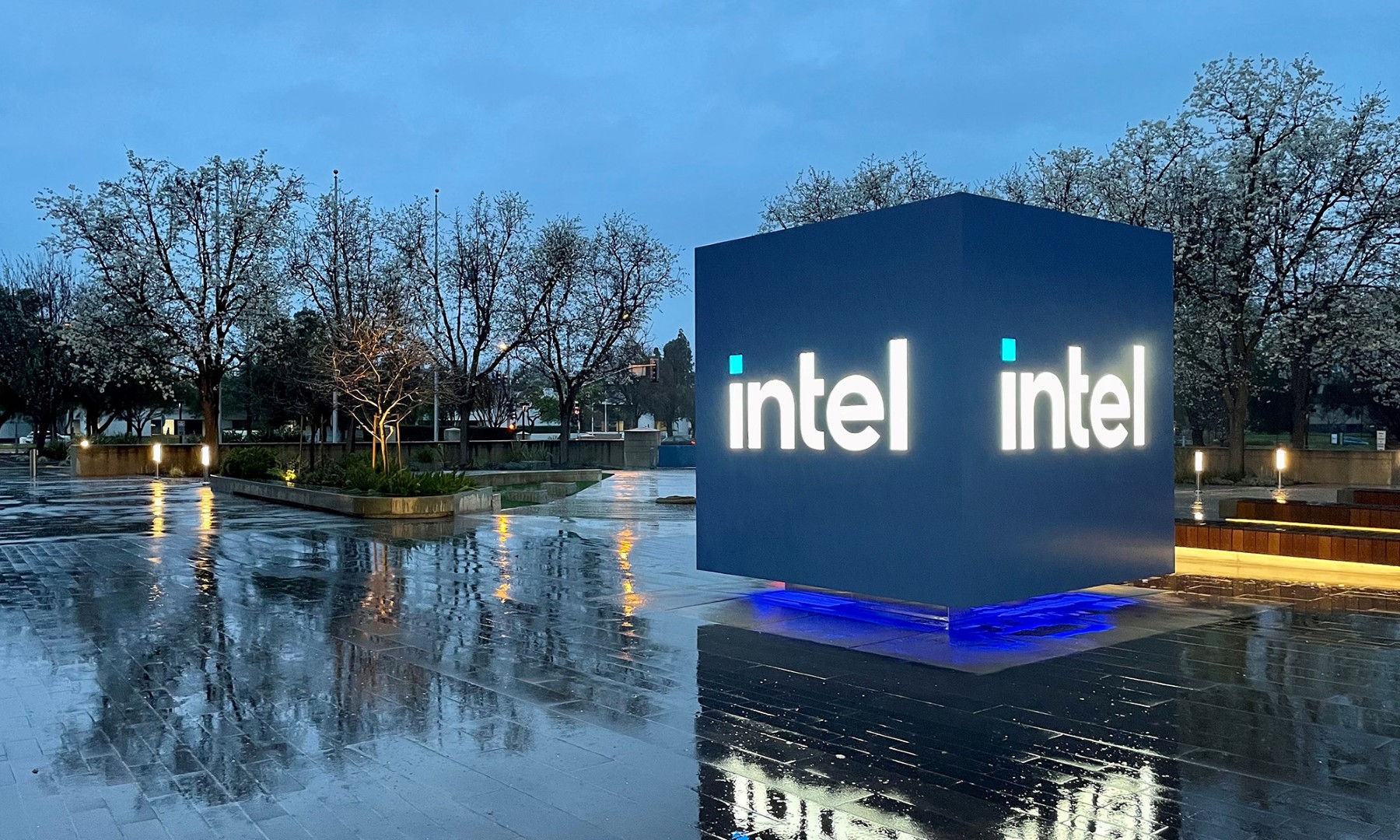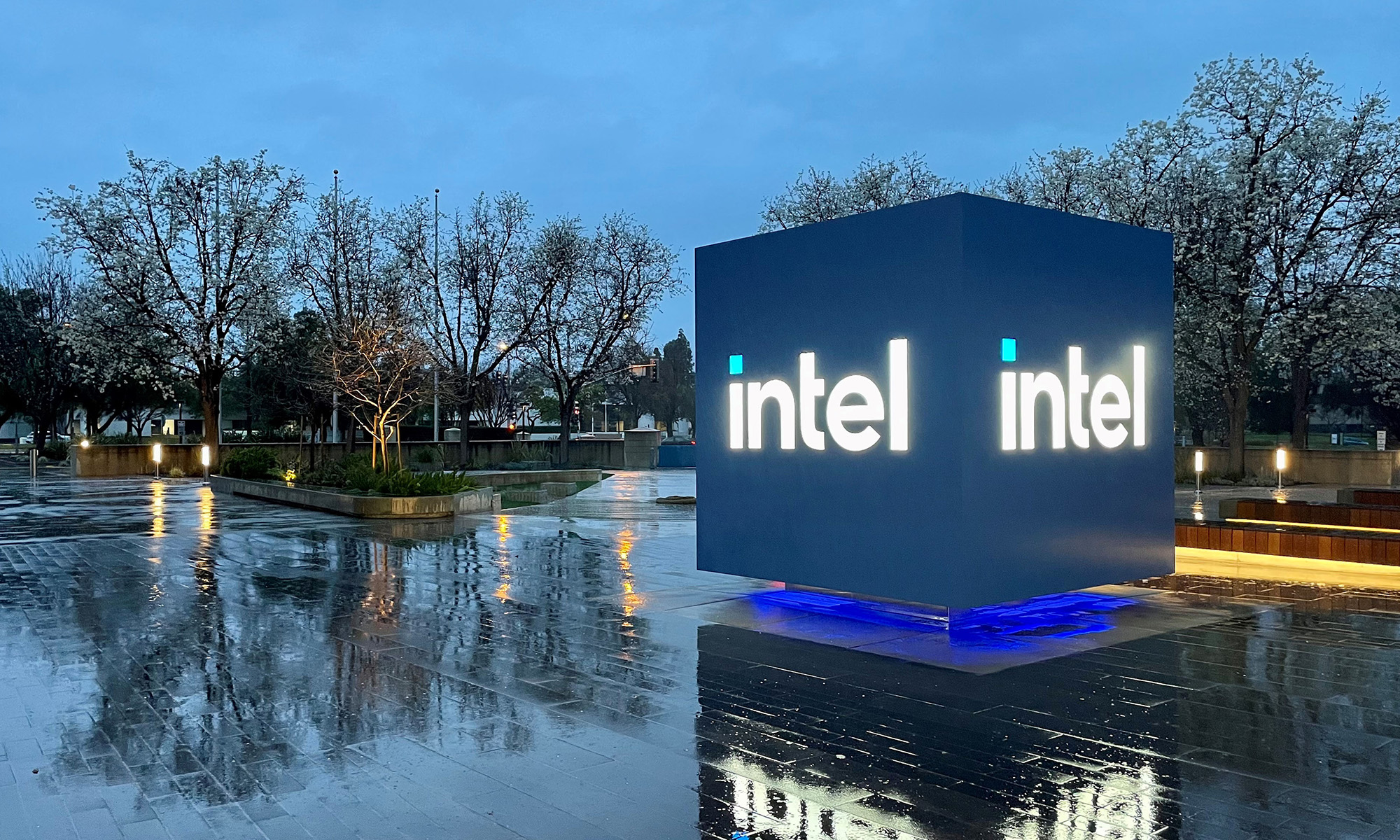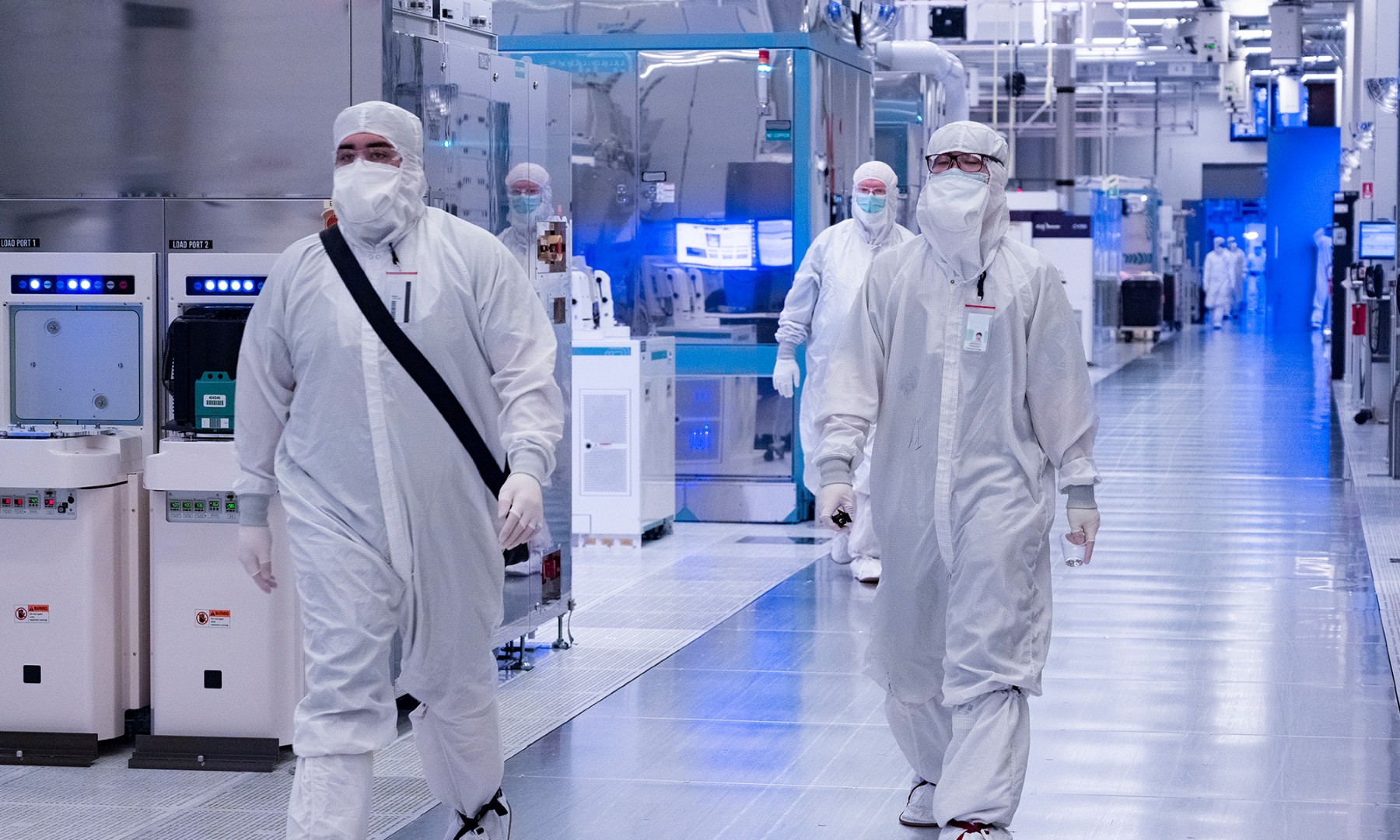With Intel (INTC 3.75%) continuing to face a struggling PC market, investors have been pinning hopes on the chip giant opening up its foundries as a new way to monetize idle capacity. Altera was just the first high-profile foundry deal; investors have been hoping that Intel would score Apple's (AAPL 1.15%) foundry business as the Mac maker continues to distance itself from Samsung.
The one that got away
Not partnering with Apple for the original iPhone was one of ex-CEO Paul Otellini's biggest regrets. With reports that Apple has now officially inked a partnership with Taiwan Semiconductor (TSM 0.53%), is Intel getting shut out again?
Piper Jaffray analyst Gus Richard, who rates Intel at "underperform," thinks Intel's foundry business may struggle if it truly missed the boat with Apple. TSMC is supposedly set to make chips for Apple over the next three years with its 20-nanometer, 16-nanometer, and 10-nanometer processes. Richard doesn't think Intel will earn any foundry dollars from Cupertino in 2014 or 2015 as a result.
Apple's foundry business is estimated at $5 billion to $6 billion per year, which makes up a good chunk of Samsung's component segment. Samsung just announced an Atom-powered Galaxy Tab 3 10.1, which is a big vote of confidence. However, it's unlikely that Samsung will adopt Atom processors throughout its product lineup in any meaningful way.
The analyst finds it curious that Apple has seemingly partnered with TSMC, considering the chip manufacturer's high-profile missteps in recent memory. TSMC struggled with 28-nanometer production last year, causing problems for big customers like NVIDIA and Qualcomm. TSMC has also been struggling with power consumption issues, which could similarly threaten Apple's schedules.
Other companies like IBM and STMicroelectronics are also quickly catching up with process technology in their own respective foundry businesses. Intel may have a lead in manufacturing technology, but ultimately the company needs to be scoring more mobile design wins to put its factories to use -- which it's not.












